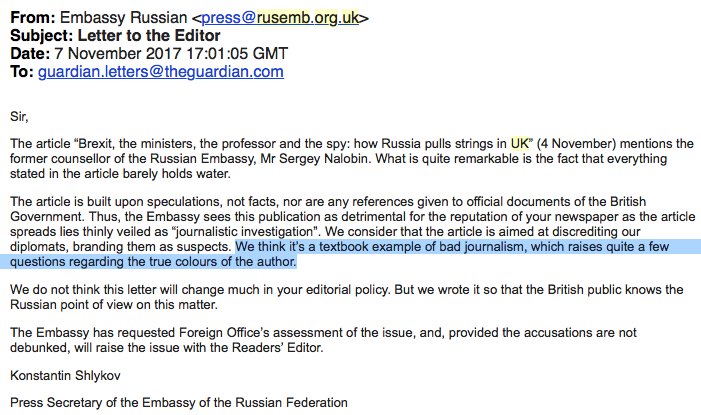82 yo woman admitted 4 GI bleed (esophageal ulcer) Transfused & volume repleted.
4 days later BMP 142/3.4/112/17/5/0.8
Admission
142/4.2/101/25/45/1.3
#KashlakChief asks
Why is the bicarb 17?
@CPSolvers & @thecurbsiders
She has a bicarbonate of 17 with an anion gap of 13. Her albumin was normal.
Initial assumption - normal gap metabolic acidosis.
Two possibilities - losing base or inability to buffer daily acid
Losing base occurs when we have GI losses. The patient had no diarrhea, no previous Gi surgery, thus this seemed extremely unlikely. Patients with normal renal function need liters of diarrhea to develop this much lowering of their bicarbonate.
Could this be a renal acidosis?
Would a distal RTA develop this quickly? Perhaps with amphotericin - but she did not receive it.
What about a proximal RTA? Again - no reason to quickly develop this
Not type IV RTA (patient is not hyperkalemic)
Not the acidosis of CKD
What about "dilution acidosis" from normal saline? My research suggests that the bicarbonate will lower a bit (started at 25) but not much lower than 21.
In the Sign of the Four Sherlock Holmes :- “How often have I said to you that when you have eliminated the impossible, whatever remains, however improbable, must be the truth?”
Since I believed that normal gap acidosis was impossible, I asked if the patient could have a respiratory alkalosis.
At the bedside her RR was 16, but she was visibly breathing very deeply with 3+ use of accessory muscles of respiration. Her lung fields had bibasilar rales.
She was an 82 year-old woman weighing approximately 50-60 kg and receiving 200 cc/hr NS for 4 days. Her weight had increased 12 pounds since admission.
ABG 7.43/29/79/19 on 3 L nasal oxygen
proBNP >4000
No h/o or evidence of previous heart disease (subsequent Echo NL)
Resolution - stop IV fluids - give one dose of furosemide
Over 24 hours she lost 8 pounds and her supplemental oxygen, and was discharged without further problems.
When you look for it, you will find a variety of patients with decreased bicarbonate and normal gap who really are compensating for a respiratory alkalosis. The two most common situation that I have seen are volume overload (this lady) and liver disease - hepatopulmonary
Pro tip: when faced with an unexpected bicarbonate decrease think about both metabolic acidosis or compensation for respiratory alkalosis.











